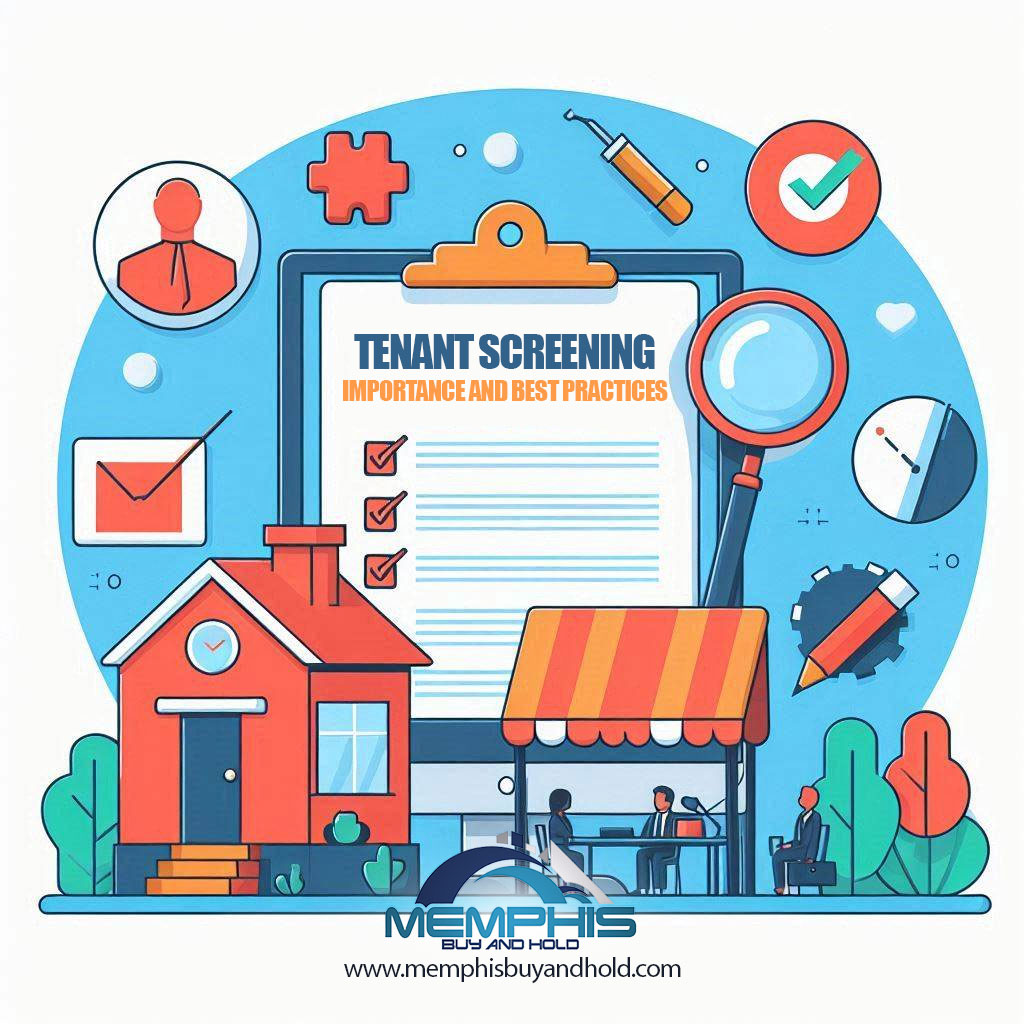
Effective tenant screening is a crucial practice for landlords and property managers. It helps ensure a reliable and responsible tenant base, minimizing risks associated with property damage, missed rent payments, and evictions. Understanding the importance of tenant screening and implementing best practices can safeguard investments and foster a positive rental experience for both landlords and tenants.
Importance of Tenant Screening
- Financial Stability: Tenant screening helps assess a prospective tenant’s financial reliability. By reviewing credit scores, employment history, and income levels, landlords can gauge whether the applicant has the financial stability to consistently pay rent on time.
- Reduced Risk of Eviction: Thorough screening reduces the likelihood of having to evict tenants due to non-compliance with lease terms. Evictions are time-consuming, costly, and stressful, so preventing them through careful screening is beneficial for landlords.
- Property Protection: Ensuring that tenants have a history of respecting rental properties can help maintain the condition and value of the property. Previous landlord references and rental history checks can indicate how a potential tenant treats their living space.
- Community Safety: Tenant screening contributes to the safety and wellbeing of the rental community. Background checks, including criminal history, can help identify individuals who may pose a risk to other tenants.
Best Practices for Tenant Screening
- Set Clear Criteria: Before beginning the screening process, establish clear, non-discriminatory criteria for what constitutes an acceptable tenant. This includes minimum credit scores, income requirements, and acceptable rental history.
- Consistent Application Process: Use a standardized application form for all prospective tenants. This ensures that you collect the same information from everyone, making it easier to compare applicants and stay compliant with fair housing laws.
- Credit Check: Perform a thorough credit check to assess the financial responsibility of the applicant. Look for patterns such as late payments, high debt-to-income ratios, or recent bankruptcies.
- Criminal Background Check: Conduct a criminal background check to identify any past criminal activities that could pose a risk. However, ensure compliance with local and federal regulations regarding the use of criminal history in housing decisions.
- Verify Employment and Income: Request proof of employment and income, such as pay stubs or tax returns. This verifies that the applicant can afford the rent. A common guideline is that the tenant’s income should be at least three times the monthly rent.
- Rental History: Contact previous landlords to inquire about the applicant’s rental history. Ask about their payment punctuality, property care, and whether they followed the lease terms.
- Personal References: Obtain personal references to get additional insights into the tenant’s character and reliability. While personal references may be biased, they can still provide useful information.
- Interview the Tenant: Conduct an interview with potential tenants to assess their suitability. This is an opportunity to clarify any discrepancies in their application and gauge their communication skills and demeanor.
- Fair Housing Compliance: Always adhere to the Fair Housing Act, which prohibits discrimination based on race, color, religion, sex, national origin, familial status, or disability. State and local laws may add additional protected classes.
- Documentation and Record Keeping: Keep thorough records of all tenant applications, screening reports, and communications. This helps protect against potential legal challenges and provides a clear trail if any issues arise later.
Tenant screening is a vital component of effective property management. By implementing rigorous screening processes, landlords can significantly reduce the risks associated with renting out their properties. A careful and consistent approach to tenant screening not only protects the landlord’s investment but also contributes to a safer and more stable rental community. In the long run, this leads to more positive relationships between landlords and tenants, fostering a thriving rental environment.
Memphis Buy And Hold is specializing in locating, purchasing, renovating and managing single-family and multi-unit properties and possesses from 2007 up to the present of experience in real estate investing and property management in the Memphis and Nashville markets.
- Memphis Property Management
- Memphis Turnkey Investment Properties
- DCC Rentals LLC
Discover more from Memphis Buy And Hold
Subscribe to get the latest posts sent to your email.



